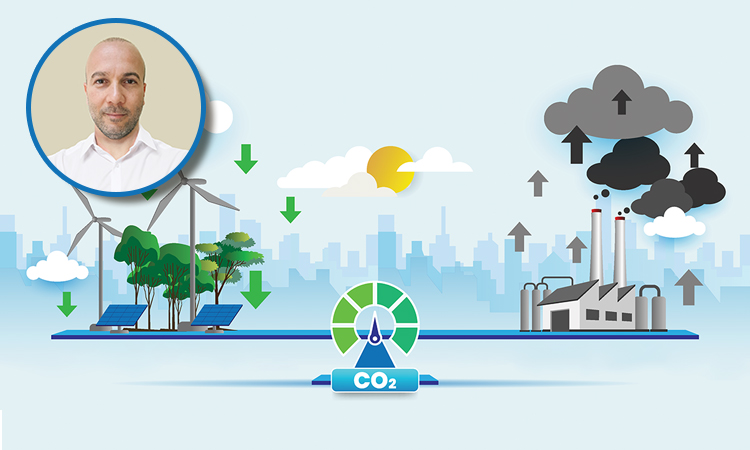Today, our planet comes up against global problems such as climate change, limited natural resources and environmental pollution. Based on these problems, negotiations regarding global warming, climate change and sustainability, which have been on the agenda of countries since the beginning of the 90s, created awareness and sensitivity in the public and pointed out the necessity of broad-based sustainability policies. In this context, for the transition to a low-carbon economy and accelerate the processes that will reduce fossil resource consumption, a number of targeted policy and legislative steps have been established, such as various national/international regulations and directives that are planned to be implemented in the current and future. These steps have been put into practice with the aim of minimizing potential negative effects and risks by commissioning a wide variety of tools.
In the first implementation, the most notable policy intervention up to the present was the Paris Agreement, which entered into force in 2016, with previously the Kyoto Protocol taking effect in 2005. The Paris Agreement, which is universal and legally binding, being the first global climate change agreement implemented to date, aims to limit the increase in the global average of the temperature surface to 2 degrees and to keep it below 1.5 degrees if it’s possible. In order to enforce this obligation, first of all, the prevention of energy losses, that is, the reduction of friction and wear, has a critical role.
In the latest figures released by the International Energy Agency, it has been stated that the current losses per capita worldwide have reached very large values, such as 5000 kWh. According to Holmberg and Erdemir, these figures showed that approximately 20% (120EJ) of annual energy consumption in the planet is lost due to tribological contacts. In addition, material damage caused by the wear of the moving contact surfaces in every device and machine reduces the service life of equipment and causes many problems such as poor production quality, vibration, noise, and unexpected failures. Apart from the energy costs, this situation leads to increased production demands and therefore more energy consumption and more emissions, together with the additional financial costs of replacing parts, machines and vehicles due to wear.
For this reason, tribology science and technologies, which deal with the design and lubrication of interactive surfaces in motion, and includes multidisciplinary fields such as chemistry, physics, mathematics, materials and computer sciences, have great importance in terms of energy saving by reducing friction and preventing climate change.
Researches, carried out by Fluitec in 2022, showed that even small improvements of 0.09% in energy efficiency using new lubricant formulations can result in reduction of 400 tons of CO2 per year. For this reason, according to Evonik, in the future, especially in the developments of new oils there will be great interest in oils that can reduce energy losses caused by friction. This interest, coupled with autonomous vehicles, drone transport and robotic systems, will focus not only on base oils, but also on innovations in high performance additive packages, surface designs and fluid systems.
In this direction, the calculations fulfilled by Holmberg and Erdemir have shown that energy losses can be reduced by 18% in short term (8 years) and 40% in the long term (15 years) on global basis. Thanks to continuous improvements, in the short term, 1.46 million tons of CO2 reduction and 450 million Euros of energy savings will be achieved, and in the long-term, 3.14 million tons of CO2 reduction and 970 million Euros of energy savings will be reached.
Considering the environmental hazards and harms associated with the use of oil components and additives, which are subject to environmental restrictions in terms of sustainable engineering, the beneficial positive effects of the oils should be maintained. In conclusion, in case of choosing lubricants that provide advanced tribological properties for systems like turbines, compressors, press lines, conveyor chains, injection machines, vehicles etc. and using oils correctly, many different achievements are possible such as increasing efficiency, providing cost control and meeting environmental requirements in addition to reducing climate change by saving energy and preventing CO2 emissions.













